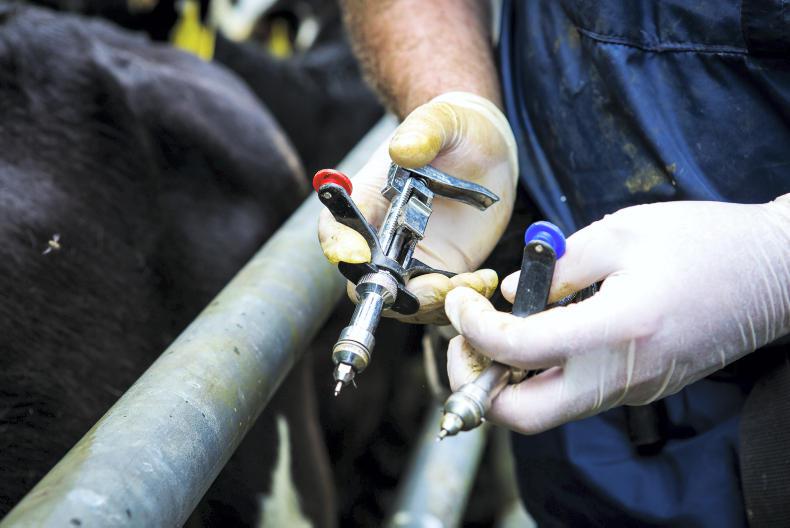A new roadmap on how to eradicate bovine TB in Ireland has been agreed between the Department of Agriculture, farm organisations, and other industry stakeholders.
It comes after weeks of intensive meetings to strike a consensus on the best way to move forward with tackling rising TB levels.
The new strategy is understood to contain enhanced wildlife control measures, more detailed investigations into on-farm breakdowns and an action plan for TB black spots. It will be published in the coming weeks.
These contentious issues will be dealt with through an implementation group comprising farmers and Department representatives
TB issues came to the fore following an angry basklash among farmers to herd risk categorisation letters issued by the Department earlier this year. Since then, the possibility of pre-movement tests have also been put on the table.
These contentious issues will be dealt with through an implementation group comprising farmers and Department representatives.
Minister for Agriculture Charlie McConalogue said agreement on the roadmap should see “bovine TB levels reduced significantly in coming years”.
New policies to reduce disease transmission and decisions on how to finance the programme are not yet finalised and will be subject to ongoing discussion with input from farm organisations.
Farmers will be the only stakeholders impacted directly by the TB programme in the day-to-day management of their farms
IFA animal health chair Pat Farrell said the new strategy better reflects the key role of farmers in the programme and provides for their meaningful involvement in its design and implementation. It recognises farmers’ labour and financial contribution and commits to revisiting the herd risk letters, he said.
“Farmers will be the only stakeholders impacted directly by the TB programme in the day-to-day management of their farms. Using their expertise in determining the most appropriate means to implement the objectives of the strategy is critical to minimising the impact on farms.
“The measures must be proportionate and scientifically based, with fair levels of financial supports," he said.










SHARING OPTIONS